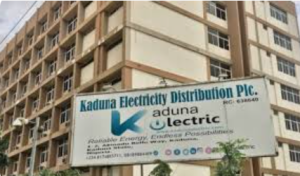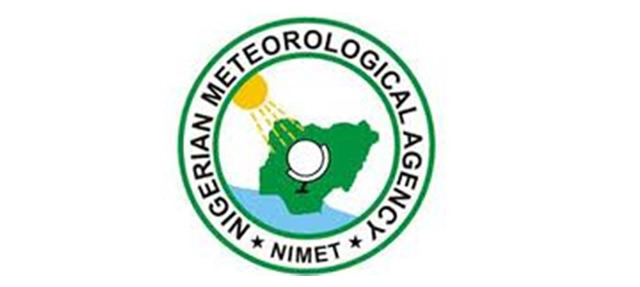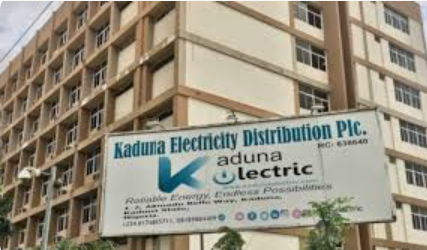Nigeria’s 2025 Climate Outlook: A Detailed Analysis of NiMet’s Predictions
The Nigerian Meteorological Agency (NiMet) has released its much-anticipated 2025 Seasonal Climate Prediction (SCP), offering a comprehensive forecast of rainfall patterns, temperatures, and potential climate-related hazards across the nation. Presented by the Minister of Aviation and Aerospace Development, Festus Keyamo, the SCP paints a vivid picture of a year characterized by diverse weather conditions, demanding proactive measures from stakeholders at all levels. The prediction serves as a crucial early warning tool, aligning with the United Nations Early Warnings for All Initiative, empowering communities and governments to prepare for the diverse challenges and opportunities presented by the upcoming climate patterns.
Rainfall Onset and Cessation: A Tale of Two Nigerias
The 2025 SCP reveals a contrasting narrative of rainfall onset across Nigeria. While the southern states can anticipate an early arrival of rains, potentially even before the typical onset period, the northern and central regions, including Plateau, parts of Kaduna, Niger, Benue, Nasarawa, Taraba, Adamawa, and Kwara, are predicted to experience a delayed start. This disparity underscores the complex interplay of climatic factors influencing Nigeria’s diverse geographical landscape. The end of the rainy season also presents a mixed picture, with an earlier cessation anticipated in parts of the north, while some southern states, along with areas in the west and central regions, can expect a prolonged rainy season. This information is crucial for agricultural planning, water resource management, and disaster preparedness.
Dry Spells and the "August Break": Implications for Agriculture and Water Resources
The SCP highlights the potential for significant dry spells during the crucial growing season. A severe dry spell, exceeding 15 days, is projected for Oyo State, extending to a concerning 21 days in parts of northern Nigeria during the June-July-August period. This prolonged dry period poses a significant threat to agricultural productivity and water availability. The "August break," a characteristic period of reduced rainfall, is also predicted, with a severe impact anticipated in Lagos and Ogun states, experiencing 27 to 40 days of minimal or no rainfall. Understanding these dry spell patterns is crucial for implementing drought mitigation strategies, optimizing irrigation practices, and ensuring water security for both domestic and agricultural needs.
Localized Predictions: Tailoring Responses to Specific Regional Needs
The SCP provides localized predictions, enabling tailored responses to the unique needs of each region. The early onset of rains in southern states like Delta, Bayelsa, Rivers, Anambra, and parts of Oyo, Ogun, Osun, Ondo, Lagos, Edo, Enugu, Imo, and Ebonyi requires preparedness for potential flooding and related challenges. Conversely, the delayed onset in the north necessitates strategies for water conservation and efficient utilization of available resources during the extended dry period. The varying lengths of the rainy season across different states demand adaptable agricultural practices and careful management of water resources to optimize yields and minimize losses due to either excessive rainfall or prolonged dryness.
NiMet’s Commitment to Accessibility and Actionable Information
NiMet has emphasized the time-sensitive nature of the SCP and the need for immediate action from stakeholders. The agency has taken commendable steps to ensure the accessibility and usability of the climate information. A summary for policymakers, translations into major Nigerian languages (Hausa, Igbo, Yoruba, and Pidgin), and a comprehensive report on Nigeria’s 2024 climate demonstrate NiMet’s commitment to inclusivity and actionable information dissemination. This approach recognizes that effective climate adaptation requires widespread understanding and proactive engagement from all segments of society.
The Importance of Stakeholder Engagement and Feedback
The success of the SCP hinges on the active participation of stakeholders. Governments at all levels, communities, and individuals are urged to utilize the information for proactive planning and timely interventions. Feedback from users is also crucial for continuous improvement of the SCP process. NiMet’s emphasis on stakeholder engagement underscores the understanding that climate resilience is a collective endeavor, requiring collaboration and shared responsibility. By fostering a two-way communication channel, NiMet seeks to refine its predictions, enhance their relevance, and ultimately empower Nigerians to better navigate the challenges and opportunities presented by the evolving climate.














